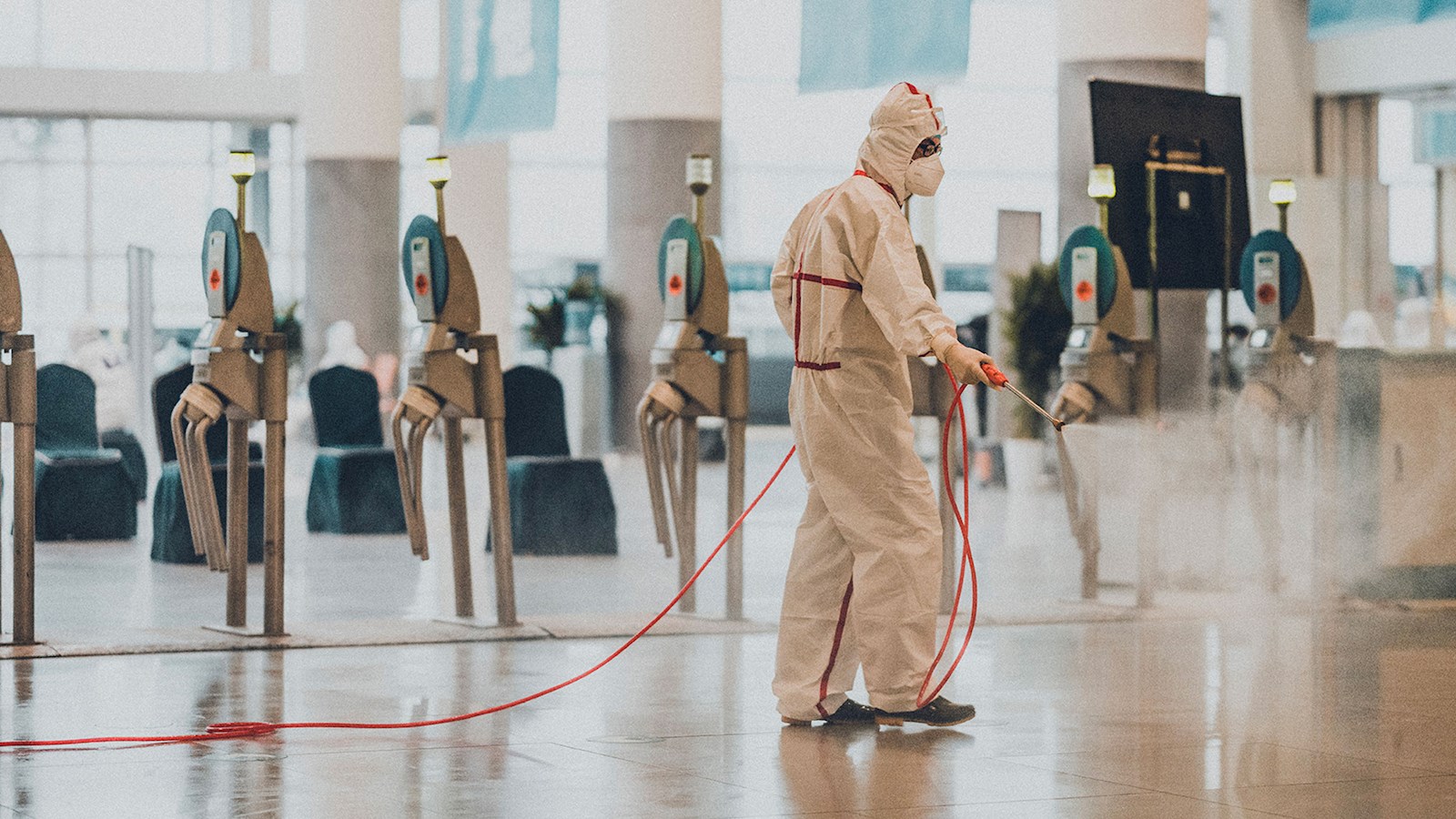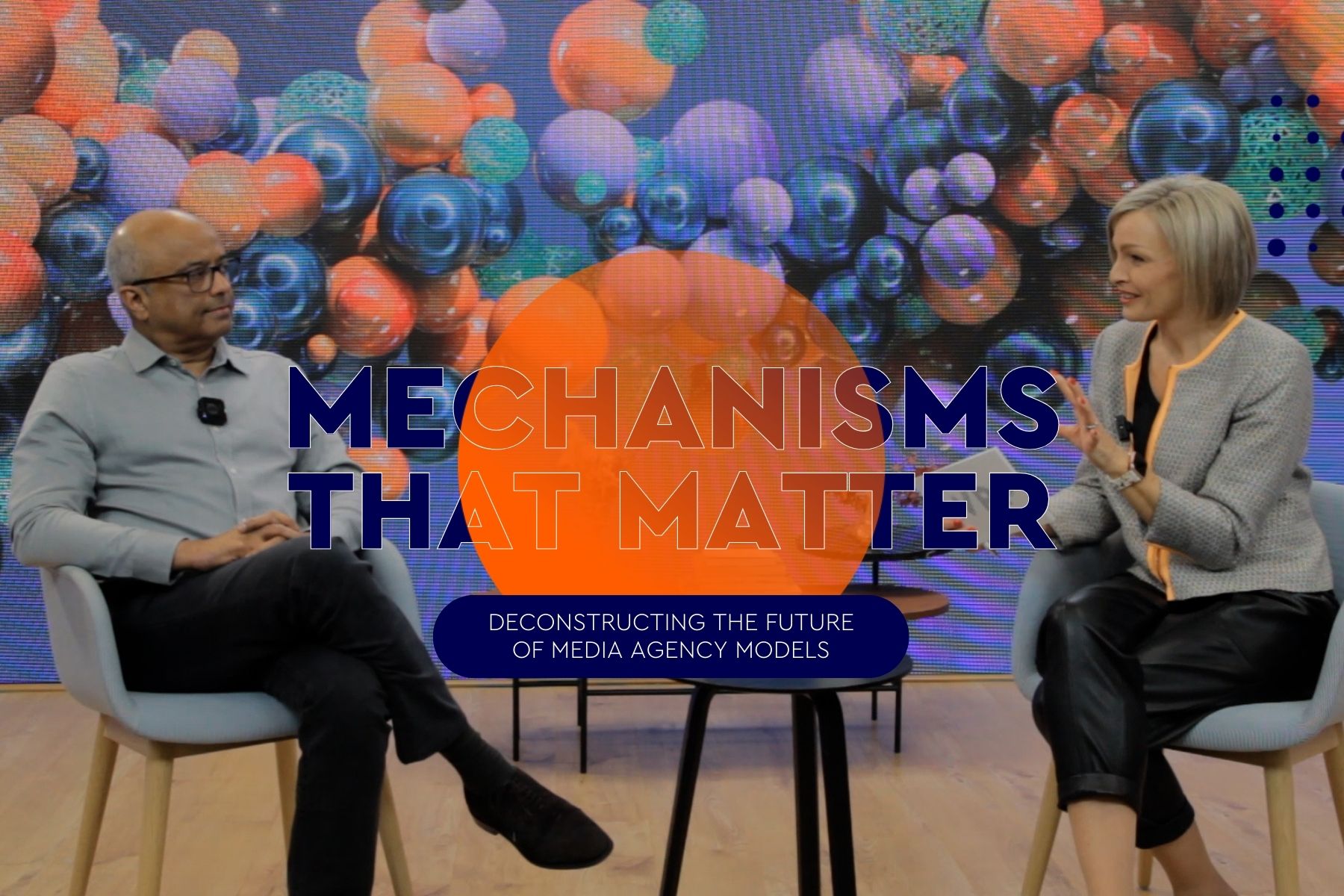
The business of health in the pandemic era
COVID-19 is driving a health movement across all sectors
Every brand is now in the business of promoting public health, whether by keeping employees at home, diverting production to making masks and hand sanitisers, or simply amplifying WHO recommendations on social distancing and handwashing.
Some brands are changing their messaging, products and services – and even partnering with competitors – in ways that may last well beyond the pandemic.
Indeed, COVID-19 is turbo-charging an existing trend towards health and wellness that we’ve already seen in sectors such as food, retail, travel and beauty. It’s also spreading the importance of health to other industries. Here’s how some of those changes are happening.
Automotive
Car manufacturers are now in the business of health as well as safety. A survey by Ipsos in China, conducted at the end of February, found a high level of interest in new cars, with 77% of respondents saying that driving instead of taking public transport can reduce the chance of infection.
Sixty-nine per cent of the 1,620 respondents indicated a preference for a 'healthy configuration' in a new car, scoring higher even than 'vehicle safety' (64%). Fifty-one per cent preferred an air conditioner with a germ filter and 49% valued a car interior with antibacterial properties.
Aviation
For years airlines have been increasing passenger numbers, as well as shortening turnaround – and cleaning times – between flights.

Aviointeriors
Italian firm Aviointeriors has redesigned plane cabins for a post-pandemic world, using clear plastic guards around passengers that are reminiscent of phone booths.
Beauty
Beauty counters are already changing. In the UK, prior to stay-at-home mandates, MAC stores banned make-up artists from using shared brushes on customers. Customers could only use disposable applicators on themselves. We can also expect the swift development of in-store and mobile apps for trying out products virtually.
For now, though, beauty brands are talking less about make-up and skincare and more about how to manage anxiety and cultivate mindfulness. At Goop, Gwyneth Paltrow’s beauty and wellness brand, the website’s work and wellness category saw a 23% jump in page views in the third week of March, according to Glossy.
Solutions from the tech industry
To help enforce quarantine restrictions in China, tech giant Alibaba created the Alipay Health Code app. Users get a rating of green, yellow or red, based on their personal health records, which allows them to travel – or not – on public transport. The app enabled the virus epicentre of Wuhan to gradually re-open and also assured those out-and-about that they wouldn’t accidentally encounter anyone contagious.

Vodacom and Discovery's free virtual doctor consultations
In South Africa, mobile phone operator Vodacom is partnering with health insurer Discovery to offer free virtual consultations with a doctor, through the DrConnect platform, to anyone who is concerned they may have COVID-19.
The pandemic has also brought Apple and Google together, to introduce updates to their operating systems that can help track potential COVID-19 cases. Due to be launched in mid-May, the updates on iOS and Android phones will allow an exchange of anonymised keys through Bluetooth for any phones that come in close proximity to each other. If a person tests positive for COVID-19, they can inform the app. The app can then inform anyone with a phone that has come close to the infected person, without revealing their identity. To allay privacy concerns, Apple and Google have confirmed the feature would expire at the end of the pandemic.
Brand responsibility
Meanwhile, Amazon has started building a COVID-19 testing lab for its employees. Founder Jeff Bezos said the company plans “regular testing of all Amazonians, including those showing no symptoms”.
In the future, health could become a necessary component of all product development, with brands perhaps employing their own Chief Health Officer or health therapists, with wide-ranging influence throughout the organisation on both employees and consumers.
Originally published on intelligence.wundermanthompson.com
published on
04 June 2020
Category
More in Communications

Healthcare communications – diverse, dynamic & different
Communicating about health and healthcare in APAC requires a nuanced and balanced approach

Mechanisms that Matter – How India is fuelling growth for global brands
CVL Srinivas tells Anna Hickey how WPP Open is fuelling a testbed for new working models, innovation, and automation.

Media in India: the future is now
Brands pursuing the Indian market must focus on personalised experiences and data-driven strategies

